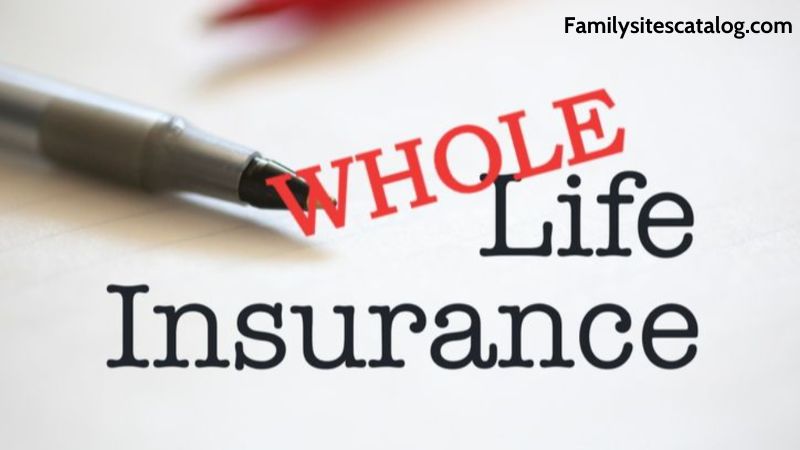When running a business, it’s crucial to consider the potential risks and liabilities that may arise. That’s where general business liability insurance comes into play. This insurance coverage provides protection against various risks that your business may face, ensuring that you have peace of mind and financial security. In this article, we will explore the ins and outs of general business liability insurance, its types, factors to consider when choosing a policy, and the steps involved in acquiring it.
Commercial General Liability Insurance
One of the most common types of general business liability insurance is commercial general liability (CGL) insurance. This coverage offers broad protection to businesses against claims related to bodily injury, property damage, and advertising or personal injury. Whether it’s a slip and fall accident on your premises or damage caused by your products or services, CGL insurance can provide financial assistance to cover legal expenses, medical costs, and potential settlements.
Professional Liability Insurance
For businesses that offer professional services or advice, professional liability insurance, also known as errors and omissions (E&O) insurance, is essential. This type of coverage protects against claims of negligence, errors, or omissions that may arise from professional services provided by your business. Should a client suffer financial losses due to your professional advice or service, professional liability insurance can help cover legal fees, judgments, and settlements.
Product Liability Insurance
If your business manufactures or sells products, product liability insurance is vital. This coverage protects against claims resulting from injuries or damages caused by a faulty product. Whether it’s a defect in design, manufacturing, or inadequate instructions or warnings, product liability insurance can provide financial protection by covering legal costs and potential compensation claims.
Selecting the right general business liability insurance policy requires careful consideration of several factors. Let’s explore the key elements you should keep in mind:
Assessing Business Risks and Liability Exposure
Before choosing a policy, it’s essential to assess the specific risks and liabilities your business may face. Evaluate your industry, the nature of your operations, and the potential hazards associated with your products or services. This analysis will help you determine the type and level of coverage you need.
Evaluating Coverage Limits and Deductibles
Consider the coverage limits and deductibles offered by different insurance providers. Coverage limits refer to the maximum amount an insurer will pay for a claim, while deductibles are the out-of-pocket expenses you must pay before the insurance coverage kicks in. Assess your budget and select coverage limits and deductibles that align with your financial capabilities.
Understanding Exclusions and Endorsements
Carefully review the policy’s exclusions and endorsements. Exclusions are specific situations or events that the insurance policy does not cover, while endorsements provide additional coverage for specific risks. Understanding these aspects will help you assess whether the policy adequately covers your business’s unique needs.
Comparing Insurance Providers and Policies
Take the time to research and compare different insurance providers and their policies. Consider factors such as reputation, financial stability, customer reviews, and the range of coverage options available. It’s crucial to choose a reliable and reputable insurance provider that will be there for you when you need them the most.
Now that you understand the importance of general business liability insurance and the factors to consider, let’s dive into the steps involved in acquiring the right policy for your business:
Identifying Insurance Needs and Budget
Begin by identifying your specific insurance needs based on your industry, operations, and potential risks. Determine your budget for insurance premiums, ensuring that it aligns with your financial capabilities.
Researching Insurance Providers and Obtaining Quotes
Research and gather information about different insurance providers that specialize in general business liability insurance. Obtain quotes from multiple providers to compare coverage options, premiums, deductibles, and any additional services they offer.
Reviewing Policy Terms and Conditions
Thoroughly review the terms and conditions of the insurance policies you are considering. Pay close attention to the coverage details, exclusions, endorsements, and any other relevant information. Ensure that the policy meets your specific requirements and provides adequate coverage.
Applying for General Business Liability Insurance
Once you have selected the insurance provider and policy that best suits your needs, complete the application process. Provide accurate and detailed information about your business, operations, and any previous claims or incidents. Be prepared to answer any additional questions the insurer may have.
Renewal and Review Process
Regularly review your general business liability insurance policy to ensure it continues to meet your evolving business needs. Stay in touch with your insurance provider, promptly address any changes in your business operations or risks, and renew your policy when required.
General business liability insurance plays a critical role in protecting your business from potential risks and liabilities. Whether it’s commercial general liability, professional liability, or product liability insurance, having the right coverage can provide financial security and peace of mind. By assessing your risks, evaluating coverage options, and choosing a reputable insurance provider, you can ensure that your business is well-protected. Don’t leave your business vulnerable; invest in general business liability insurance today.
Click here to learn more about small business liability insurance in Texas.






